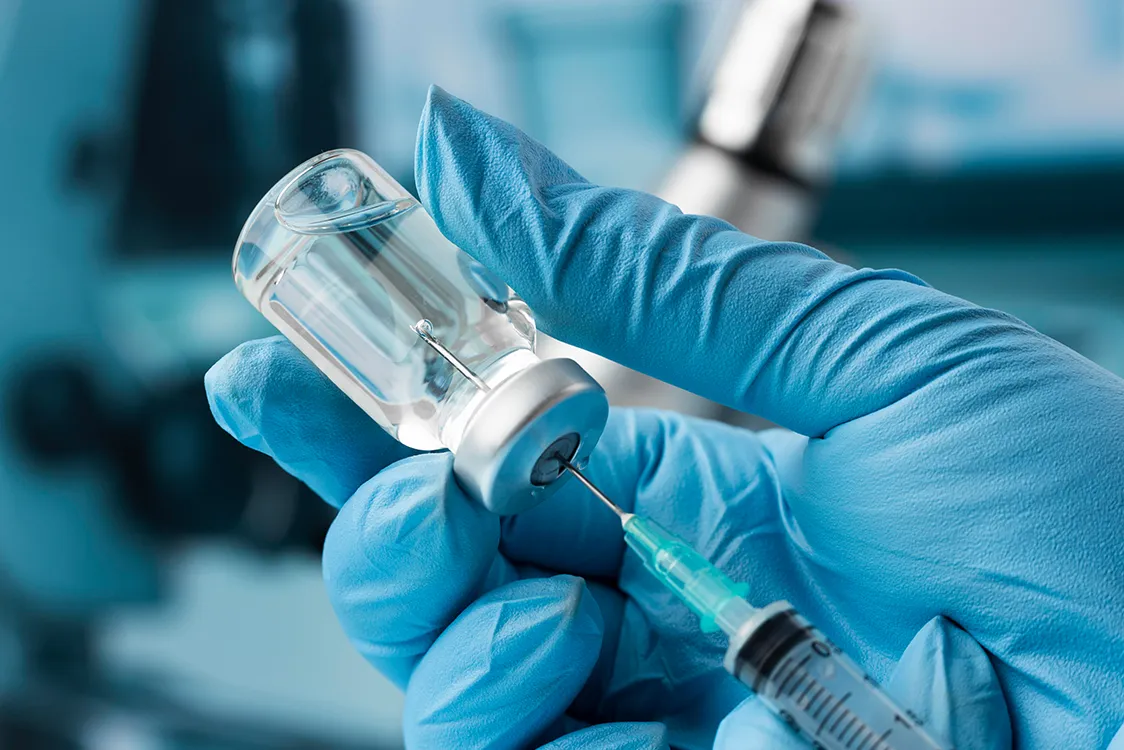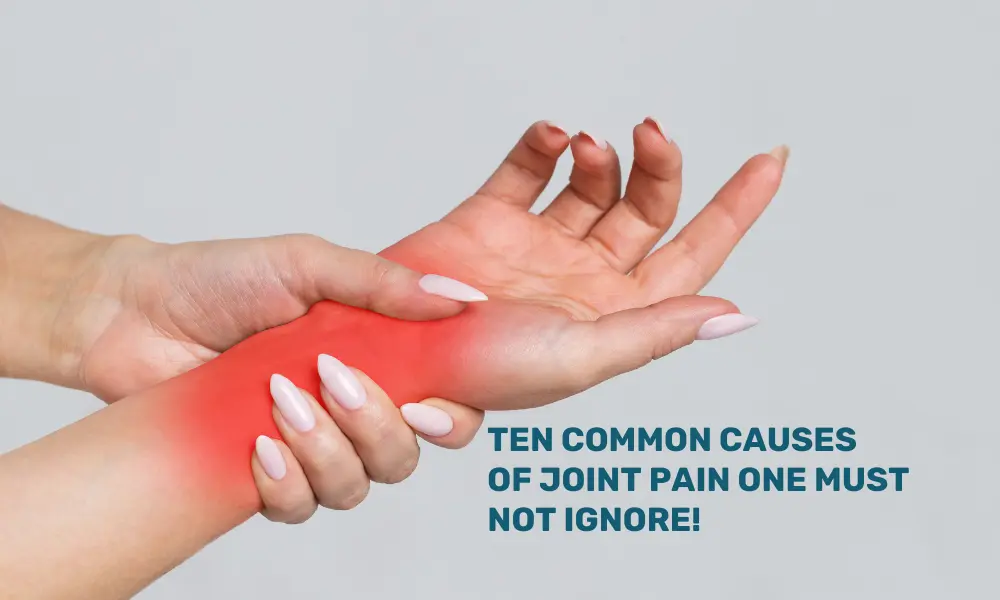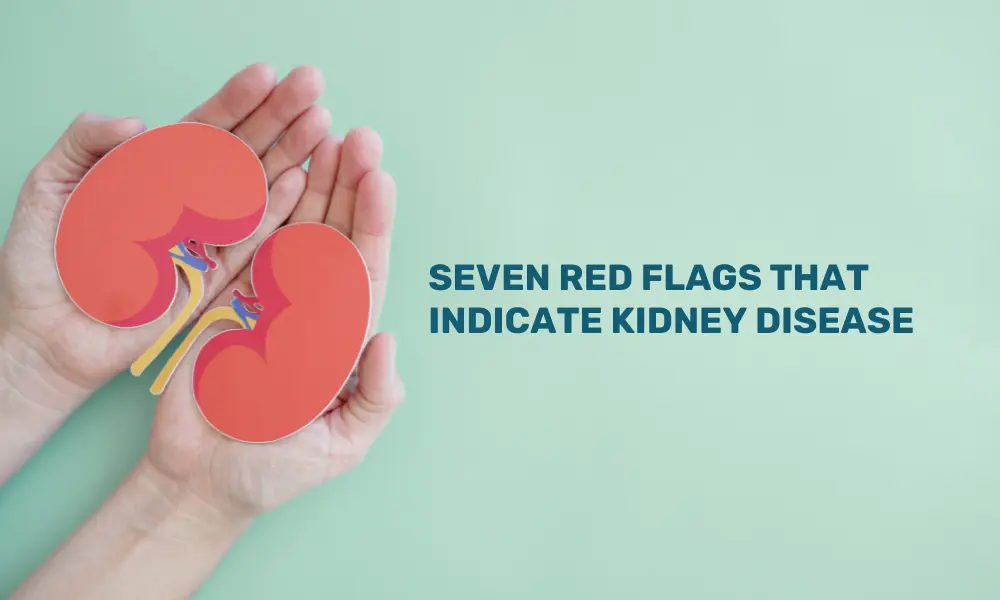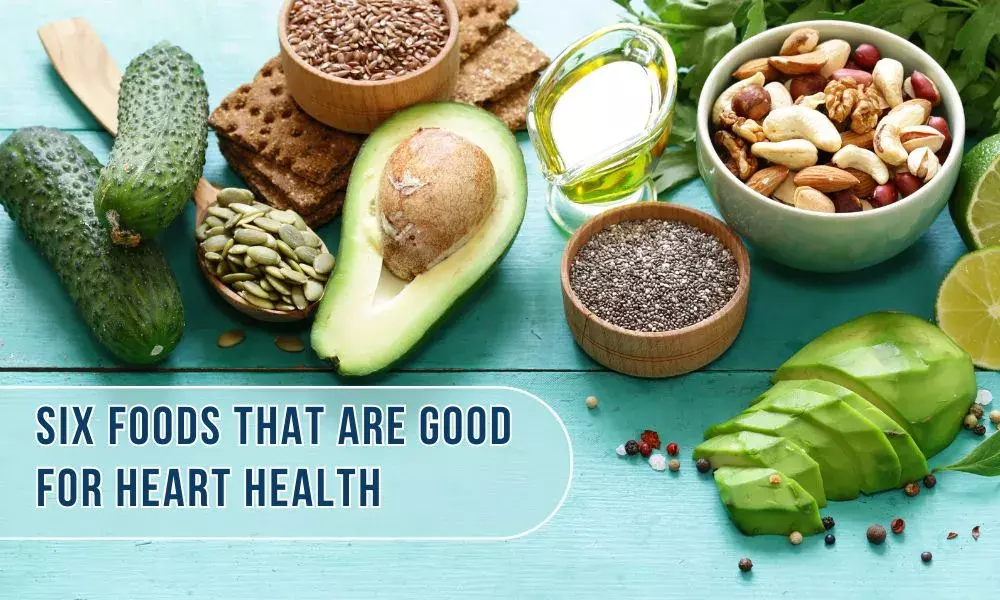Looking at the safety of 50 million lives till the end of this decade, nations worldwide agreed last year to ensure sustainable access to a wide range of vaccines for everyone. But according to Kate O’Brien, the WHO’s vaccine chief, “a new paradigm” is required to meet this challenge.
Geneva: WHO emphasized on Wednesday that vaccines must be treated as a public good and that market forces cannot be allowed to determine which vaccines are developed and where they are produced.
Every year, millions of lives are saved by vaccinations against various diseases.
However, the World Health Organization highlighted that many people lacked access to life-saving vaccinations due to the heavily profit-driven approach to how vaccines are developed, produced, and distributed in a report on the global vaccine market.
The report’s introduction from WHO chief Tedros Adhanom Ghebreyesus warned that “the hard-won gains of immunization over the past two decades are at risk.”
Nearly 20 million infants worldwide miss out on necessary vaccinations yearly because too many people still lack access to them.
To save 50 million lives by the end of this decade, nations worldwide agreed last year to ensure sustainable access to a wide range of vaccines for everyone.
However, according to Kate O’Brien, the WHO’s director of vaccination, “a new paradigm” is required to address this challenge.
She stressed to reporters “the importance of government engagement in setting the terms around which these life-saving public health goods are treated as such, as opposed to simply a profit-driven, market-driven commodity” in her remarks.
It was “devastating.” According to the report released on Wednesday, approximately 16 billion vaccine doses worth $141 billion were supplied in 2021, almost three times the market volume in 2019. The new Covid-19 vaccines were primarily responsible for the increase.
However, it cautioned investments lag or need to be more present in immunizing against diseases linked to markets with little commercial value.
This is particularly true for emergency vaccines like cholera, typhoid, monkeypox, and Ebola, where demand spikes with outbreaks and is less predictable.
WHO cautioned that the continued underinvestment in these vaccines “could have catastrophic effects on people’s lives.”
The most widely used vaccines are produced by a small number of companies in a small number of nations, which frequently makes it difficult for people in less developed areas to access and purchase them.
Despite the market interest, the report released on Wednesday called for public investments to guarantee vaccine development and fair and equitable access to vaccinations.
Additionally, it recommended spending money on local hubs to produce vaccines and other supply diversification initiatives.
The rapid advancement of vaccines against COVID-19, according to the UN health agency, has shown how to overcome some obstacles.
The report claimed that thanks to “unprecedented public investment,” “the vaccine community made new vaccines available in less than a year.”
The long-standing need to reevaluate the value of vaccines as a fundamental and cost-effective public good rather than a commodity was made stark by this incredible accomplishment.
Glaring inequities: The Covid-19 response served as more than just a positive example; it also brought attention to the stark disparities in access to newly developed vaccines.
Data from the UN show that while only a quarter of people in low-income countries has received at least one dose of the Covid vaccine, nearly three-quarters of those in high-income countries have.
Covid-19 Tedros stated that the study “highlighted inequities in (vaccine) access that are regrettably the norm rather than the exception globally.”
He cited the new human papillomavirus vaccine as an example, which offers protection against cervical cancer.
According to him, it has “only been introduced in 41% of lower-income countries, while saving lives in 83% of high-income countries.”
The report released on Wednesday suggested that other immunization drives should follow the global initiatives to waive patent protections to speed up Covid vaccine production and distribution.
“Work on a more favorable intellectual property landscape, proactive technology transfers, and the building and retention of local technical and regulatory capacity,” it stated, are all necessary.





